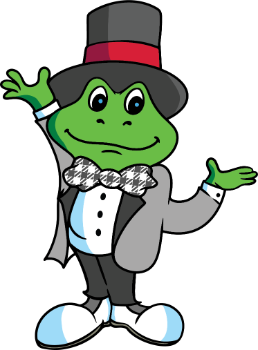UNIVERSITY PROGRAM COUNCIL

WAYLON JENNINGS, THE CRICKETS, DELBERT McCLINTON
Memorial Auditorium
November 3, 1979
While Delbert McClinton had performed the prior April at an outdoor show in a field near the Riverside Pool on campus, this was the first time Waylon Jennings and Buddy Holly’s former band, The Crickets, had ever been to Tuscaloosa. The line-up of storied Texas musicians was an interesting choice for a football weekend that saw top-ranked Alabama sack SEC rival Mississippi State 24-7 before a crowd of 60,000-plus at Bryant-Denny Stadium. McClinton opened the show. He had a song headed for the charts in “Givin’ It Up For Your Love,” and a stash of R&B staples accentuated by his legendary blues harp. He and The Crickets, as well as Jennings shared much in common. All were Texans with connections from years earlier to the iconic Lone Star musician Buddy Holly. Like McClinton, Holly was a Lubbock native, He died years ago in a plane crash that also took the life of budding star Richie Valens (“La Bamba,” “Donna”), and disc jockey-performer J.P. Richardson, known as The Big Bopper (“Chantilly Lace”). Richardson was a successful songwriter who penned tunes, including “White Lightnin’” and “Treasure of Love” for George Jones, and “Running Bear” for Sonny James. There had been a biopic starring 34-year-old actor Gary Busey, “The Buddy Holly Story,” released in 1978. As a result, The Crickets were back in the news. Jennings, a native of Littlefield, TX, which is close to Lubbock, seized the opportunity and took the band on tour with him in 1979. The group consisted of the original Holly-era rhythm section, plus add-on Sonny Curtis, who had played rhythm guitar and fiddle during the group’s formative years. Much to the delight of the crowd, Jennings joined The Crickets onstage at Memorial Coliseum and ripped through a medley of Holly’s hits before launching into his own set. Earlier in the tour, The New York Times took special note of The Crickets’ participation as, “An unabashed nostalgia band, confining themselves to Holly songs and basing one of their few originals on Mr. Holly. Still, they dispatch, the music with an unpretentious charm, which is more than one can say about some of the more cynical, tired veterans’ of 1950s rock‐and-roll.” Jennings had emerged as a big star and an unexpected crossover country-pop legend. His “outlaw country” image and deep associations with fellow Lone Star musicians, including Willie Nelson, Michael Martin Murphey (“Wildfire,” “Geronimo’s Cadillac”), and a handful of others had spawned an entirely new genre. Jennings, a CMA Vocalist of the Year, played songs from various points in his career with a special emphasis on outlaw material like “Mamas, Don’t Let Your Babies Grown Up to Be Cowboys,” and “Good Hearted Woman,” plus “Waymore Blues” and “Dreaming My Dreams.” He launched into “Luckenbach, Texas,” hilariously mimicking Nelson’s lines by pinching his nose. The Tuscaloosa audience loved it.
